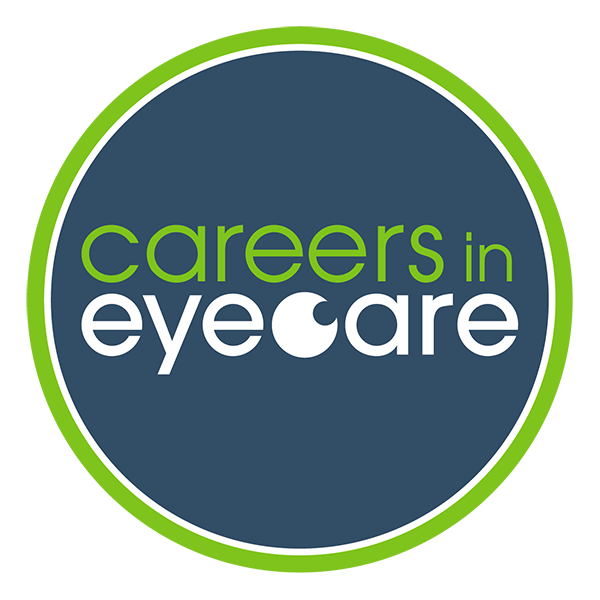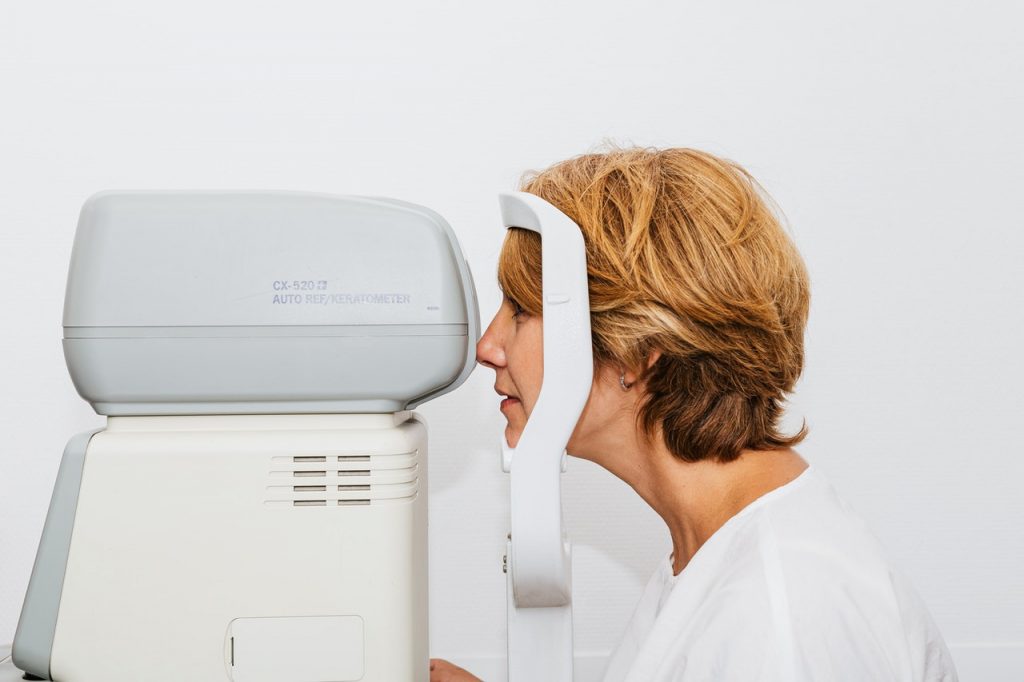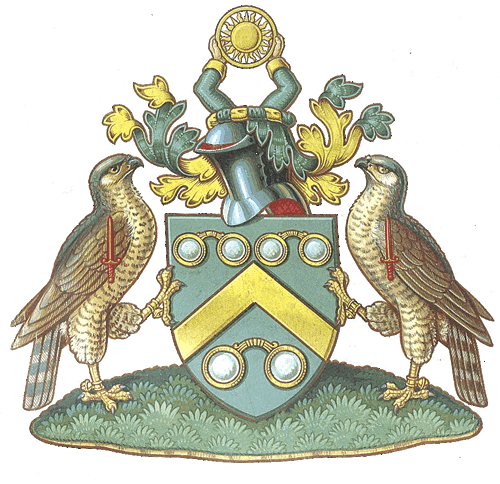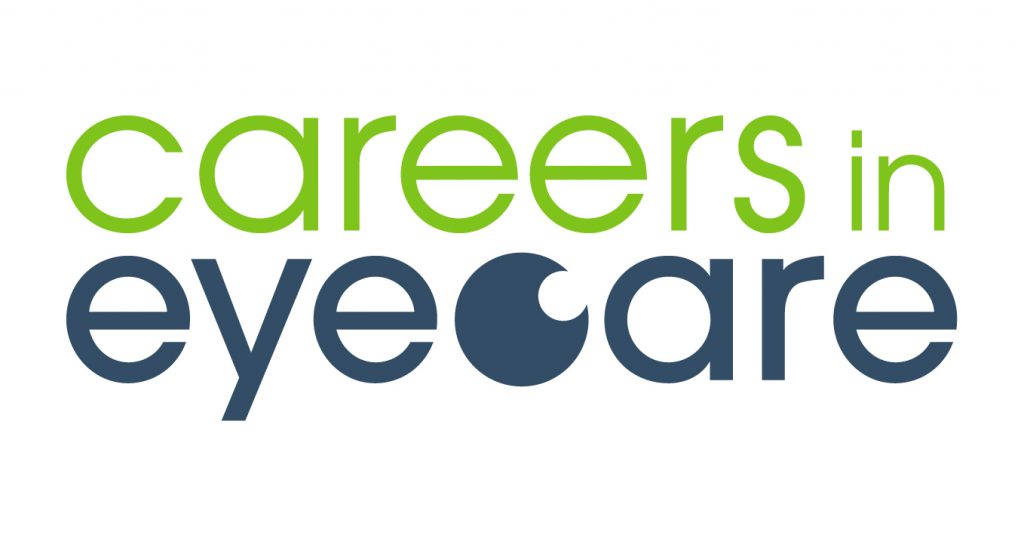See how to become an ophthalmologist with our career guide
What is an ophthalmologist?
Ophthalmologists are medically trained doctors who care for patients who have eye conditions. They manage those with acute and long term eye disease and treat patients of all ages.
What do ophthalmologists do?
An ophthalmologist is a doctor who specialises in the branch of medicine dealing with the diagnosis, treatment, and prevention of diseases of the eye and visual system. An ophthalmologist is medically trained, and commonly acts as both physician and surgeon examining, diagnosing and treating diseases and injuries in and around the eye.
What do you get from this role?
A career in ophthalmology gives you the chance to help people make the most of their vision as you diagnose and treat eye disease. You will work closely with doctors in other specialities and members of the ophthalmology team such as ophthalmic nurses.
With a surge in exciting new technology and treatments in recent years, ophthalmologists can manage patients with ocular diseases in a much more effective way, and this trend is likely to continue.
What do you need to apply?
Entry requirements for degree courses vary because each university sets its own entry criteria, but you are likely to need at least three A-levels, Highers, or equivalent qualifications at Level 3, plus supporting GCSEs including English, maths, and a science (usually biology or human biology).
Courses often specify preferred or essential A level, Higher, or equivalent subjects, such as biology and chemistry, with some schools preferring a third related science subject. It is important to check individual requirements with each university.
What skills do you need?
An ophthalmologist needs to combine great people skills with a high level of knowledge and technical skills.
They need the ability to communicate effectively and empathically with patients – eye problems can cause a considerable degree of anxiety. excellent manual dexterity, good hand-eye co-ordination and good vision, along with excellent organisational and time management skills.
Good problem-solving and decision-making skills, the ability to work well within multidisciplinary teams and a willingness to work with constantly changing technologies are also all key skills for an ophthalmologist.
What does your working day look like?
It is Monday afternoon and you are about to perform cataract surgery on Mrs B’s right eye. She has very dense cataracts reducing her vision to only counting fingers (in each eye). She had been struggling to look after her grandchildren during the day when her children were at work, and could hardly see to watch television. Although she managed to get around at home, she was scared to go out on her own. Surgery is straightforward and Mrs B goes home a short while later. The following morning your secretary gets a phone call from Mrs B’s daughter who wants to speak to you urgently. She tells you that her mother is overjoyed, and is in floods of tears because she is so happy as she can now see her grandchildren clearly for the first time in a number of years. All the family wish to thank you for restoring her sight. For you, there is a real sense of purpose and achievement.
Find out more about the working life on an ophthalmologist and read a first-hand account from ophthalmologist Kavita.
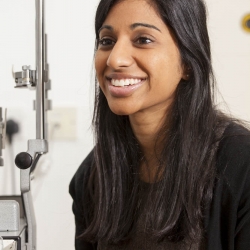
How do you train to become an ophthalmologist?
To become an ophthalmologist, you need to first study medicine at university, and complete your foundation years. Following this, doctors apply for specialist training; in ophthalmology this normally lasts seven years, is competence based and leads to a Certificate of Completion of Training (CCT). Find out more here from The Royal College of Ophthalmologists.
Optical assistant
See how to become an optical assistant with our career guide Did you know? Being an optical assistant gives you greater responsibility than the usual retail job. If you’ve got a flair for fashion, an interest in science and technology, an eye for what suits people or a desire to help in healthcare, this job … Continue reading Optical assistant
Stepper
Campaign aim: to support the optical industry and highlight Stepper as an ethical and committed frames company. Peter Reeve, Managing Director Stepper (UK) limited says, “Delivering comfort and fit that delights spectacle wearers requires good product and the best dispensing skills, so encouraging professionalism in eyecare early in a career delivers the best possible outcomes … Continue reading Stepper
WCSM
The Worshipful Company of Spectacle Makers (WCSM) sounds ancient but has a modern purpose. Its mission is to support better vision for all. The Company was founded in 1629 and is living proof that eye health is so much more than a presence on the High Street. The name could be misleading as WCSM members … Continue reading WCSM
Inspire the next generation
Would you like to work with Careers in Eyecare to inspire the next generation of eye care professionals? We are always looking for people who will tell us about a day in their working life. All you need to do is answer the following questions and send 3-4 photos of yourself at work. Please email … Continue reading Inspire the next generation
FAQs
Careers in eyecare FAQsI’ve been to the optician’s and it looks like it might be an interesting place to work. What are my options?There are a number of people who work in an optical practice: the optometrist, the dispensing optician, and usually a number of optical assistants or receptionists. In some practices you will also … Continue reading FAQs
Vivid Optical
Campaign aim: to support the optical industry and highlight Vivid Optical . Danny Alaimo of Vivid Optical says; “Partnering with Careers in Eyecare was an easy decision for Vivid Optical. We are very excited to be involved”. Examples of content with Vivid Optical: Finding a job in optics
